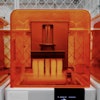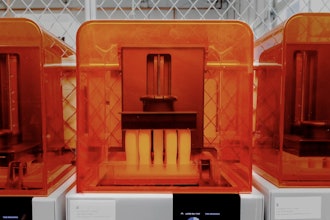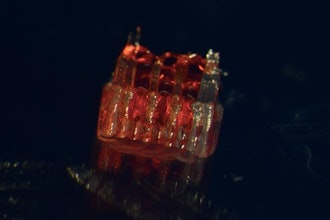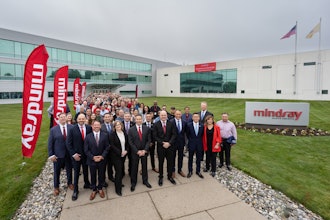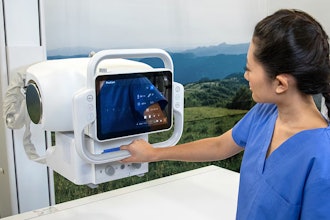
Boston Scientific has entered into a definitive agreement to acquire SoniVie, a privately held medical device company that has developed the TIVUS Intravascular Ultrasound System. The device is designed to denervate nerves surrounding blood vessels to treat a variety of hypertensive disorders, including renal artery denervation (RDN) for hypertension.
"Renal denervation for hypertension is an exciting medical advancement for the millions of patients it may help and is supported by positive results from contemporary clinical trials and ongoing research," said Lance Bates, senior vice president and president, Interventional Cardiology Therapies, Boston Scientific. "We believe the addition of the differentiated, ultrasound-based TIVUS system can complement our expansive interventional portfolio with a minimally invasive therapy for patients with hypertension and provides opportunity for future advancements in this space."
The catheter-based TIVUS system generates ultrasound energy that passes through the blood and into renal arteries supplying blood to the kidneys without anchoring to the artery wall, which allows for continual blood flow to cool the treatment area. This energy is designed to heat and ablate the bundles of nerves outside the arteries, stopping their ability to pass signals and reducing the sympathetic hormones that are released from the nerves. As a result, the blood vessels relax and the pressure within them is reduced. Last year, SoniVie announced positive efficacy data from an IDE pilot trial of the TIVUS system in the U.S. and Israel. The company recently initiated the THRIVE global IDE pivotal trial of the device.
As a strategic investor in SoniVie, Boston Scientific currently holds an equity stake of approximately 10 percent. Therefore, the transaction consists of an upfront payment of approximately $360 million for the 90 percent stake not yet owned and up to $180 million upon achievement of a regulatory milestone.



